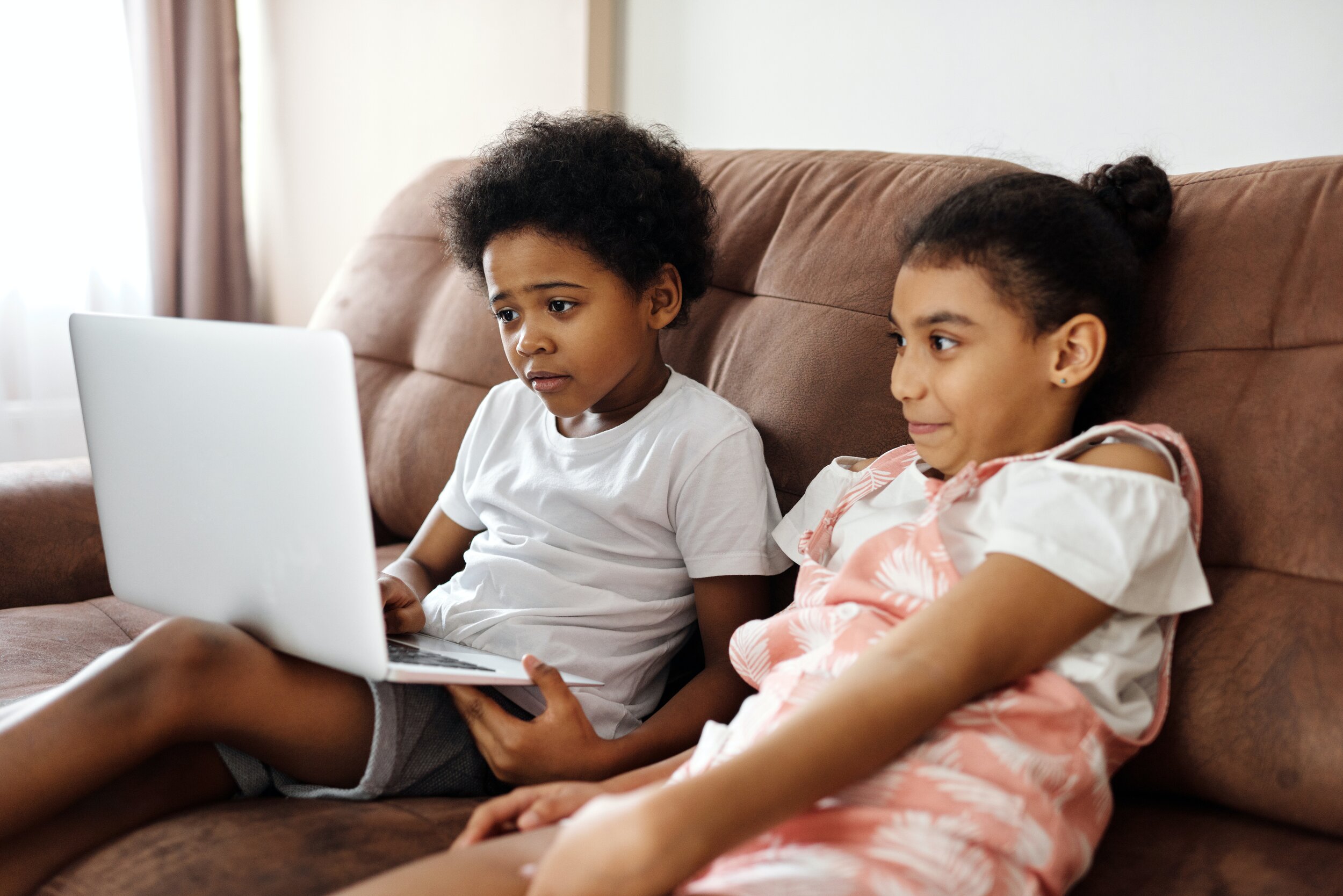You are what you watch
Summer is almost over. I can’t believe I just typed that. It has honestly been a blur. We had a great a glorious plan to go camping, and then this month, we planned to take a two-week road trip out west. Ambitious plans, but as it now stands, our camping trip was cut short due to never-ending rain, and instead of two-weeks out west, we had to adjust to do one week further south than we ever wanted to go in July. Just two weeks in to the summer, many kids were already bored and their parents were already counting down to the start of school in August.
I can’t really remember many of my summer breaks. I know I worked for many of them, but, other than that, I don’t really remember any family vacations or anything too different from the school year. I do, however, remember my second summer after graduating college. The first summer, I had just gotten married, and didn’t land my first job (working at The Herald-News, remember?) until October. So, it really just seemed like an extended summer break. But when the following May came, and the weather got warmer, I started getting antsy for “the end of the year,” and then it hit me. I had to work. I had to be a grown-up. I didn’t get a summer break, and I wouldn’t get one FOR THE REST OF MY LIFE.
I’ll be honest. In that moment, going back to school to become a full-time teacher became really appealing. But that thought never went much past a bemoaning of lost summer breaks. I’m proud to say I have survived 15 working summers since graduating college.
Many parents find themselves in a difficult situation for summer break. They may encounter the extra expense of childcare while their little ones are home. Or, they may take the opportunity to extend an extra measure of trust and allow their olders to watch their youngers. While summer is a great time and a much-needed break for students, it is understandable why some parents find the summer months more stressful than the rest of the days on the calendar.
It’s a bit of a no brainer that during these idle summer months, our already media-saturated children consume a much greater amount of media than during the school year. A study by Common Sense Media found that teens spend upwards of nine hours a day (during the school year) consuming media. And tweens fall around six hours. So how much more is their exposure during the summer months?
First, a few statistics. Nearly 95-percent of teens have their own mobile device (tablet, smart phone, etc.). Teens are twice as likely as adults to actually sleep with their cell phone. I’m not talking about just having it in the room or beside the bed, but actually in the bed (33% of teen girls reported keeping their phones in their bed, according to Common Sense Media). A Preventative Medicine Report found that as media usage increased, general psychological well-being decreased. In addition, teen behavior was impacted by media consumption, including the ability to stay calm, finish tasks, curiosity and interaction with caregivers. I bet you can guess if the arguing increased or decreased based on screen time.
But that’s not all. Researchers also found a link between teen media consumption and things like depression and anxiety. 14 to 17-year-olds that spend at least seven hours a day on screens are more than twice as likely to be diagnosed with depression. But guess what? This isn’t just true for teens.
Pre-school children with high rates of media consumption were more likely to lose their temper, less likely to calm down when excited, and less likely to switch tasks without anxiety or anger (trust me. I’ve experienced this personally with my youngest). They also showed lower levels of self-control (sitting still, finishing a task, not becoming distracted).
So, when we add almost eight hours of “free time,” when our kids are not in school, of course consumption will rise. Our teens are beyond just saturated with media. They are water-logged.
I’m not against media. Trust me. I enjoy music and movies. I watch Netflix. I let my children watch movies on mobile devices. As they get older though, it’s much more difficult to keep track of what they are watching. That’s why we started setting clear boundaries, like no communication devices in their bedrooms, including my oldest’s laptop, and the TV doesn’t come on before 7am (it’s a race between my two middles to see who gets up the earliest in order to pick the TV show. The 7am rule started when we found the oldest boy on the couch at 5:25 in the morning). I try to keep tabs on what is going in, because I know what goes in will eventually come out.
My kids have asked about having a TV in their rooms (“um, when you are living in your own house”), or when they can have their own smart phone (“when you are driving and then it stays downstairs or in the car”).
I’m not living under a rock, I promise. But study after study shows that parents need to curb their children’s consumption of media. Negative side effects abound. Distorted body image, normalization of violence and risky sexual activity, commercialization of happiness (“If you just had this product, for the low price of $19.99, you’d find eternal happiness. But wait, there’s more!”), obesity (researchers determined that a television in the bedroom was the single most impactful factor regarding childhood obesity), low test scores, poor sleep (delayed production of melatonin), increase in anxiety, not to mention the dangers of interaction on the internet.
One study found that 71-percent of teens keep their online habits from their parents. Secret apps abound that allow users to hide questionable material within seemingly innocent apps like a calculator (Smart Hide Calculator, Vault Calculator, Photo Locker, etc.). These apps require a certain math equation to be entered on the calculator, which unlocks a secret photo/video storage vault that cannot be accessed otherwise. In addition, more and more tweens and teens are signing on to anonymous texting, picture sharing and video chatting sites. In some instances, teens are paired to video chat with strangers from around the world.
It doesn’t stop there. 90-percent of boys and 60-percent of girls are exposed to pornography by age 18, with the average age of exposure falling between eight and 11. A glance of Billboard’s Hot 100 turns up an abundance of sexually explicit lyrics. This doesn’t even scratch the surface of sex on television and in movies, or the dangers of online predators.
I’m not writing this to scare you. I don’t want you to run home and grab your child’s mobile device and smash it (after all, you probably paid for it). While summer is often described as a “carefree, footloose and fancy-free” time, I encourage you to not just be aware, but also involved, in what your children are being exposed to. Know what apps they use. Create an internet or media zone in your house that is in a common, high-traffic area. Set up a technology contract with your children. And while there will be push back, make sure they understand that protecting them doesn’t mean you don’t trust them.






